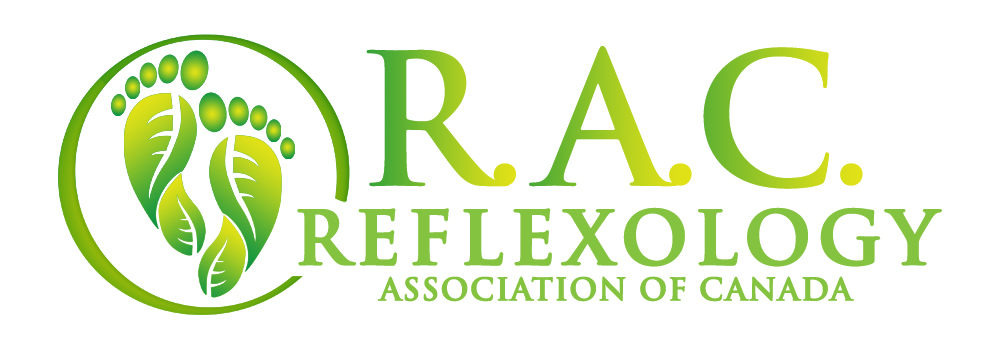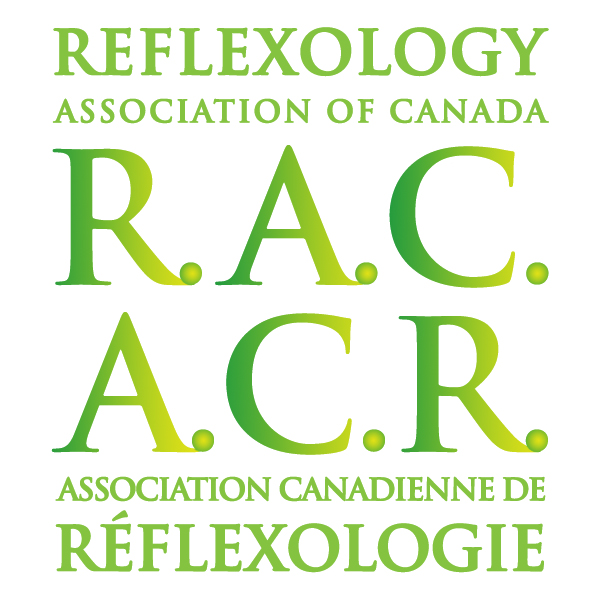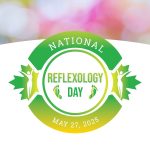Click on the button below to download our national Scope of Practice.
Scope of Practice for Reflexology Therapists
Reflexology therapies are natural therapeutic methods based on the principle that there are reflexes in specific parts of the body that map to other parts, glands, and organs of the body. Scientific studies have shown that through the application of pressure on these reflexes, reflexology can:
• Relieve tension
• Improve circulation
• Support the body’s efforts to function optimally.
Reflexology therapists are not trained to diagnose or prescribe. And, although the nature of reflexology doesn’t allow the treatment of specific conditions, reflexology therapists are able to specialize, through experience and/or training, to work with specific client groups. Reflexology therapists are encouraged to adjust their reflexology plans, techniques, and protocols depending on their training and the health circumstances and goals of their client.
Reflexology Techniques and Tools
Reflexology techniques involve specific hand, knuckle, and finger techniques used to work specific reflex points and areas. Tools, such as ear seeds, sticks, rollers, hot stones, etc., may be used during a reflexology session to aid in working specific reflex points or areas provided that the therapist is properly trained in their safe and hygienic use. (Tools that breach or penetrate the skin barrier (i.e., needles, or lasers, etc.), do not fall within the scope of practice of reflexology.)
Properly Trained
The Reflexology Association of Canada (RAC) defines a professional reflexology therapist as properly trained to use tools (ear seeds, sticks, hot stones, etc.), specific protocols or additional reflexology techniques in their reflexology sessions if they have been taught (including contraindications, the locating of points, the correct and hygienic application of the tool, protocol or technique, the guidelines to provide clients with etc.), assessed, and certified as using them correctly and safely by a credible and qualified instructor.
Digital Communications
RAC’s Standards of Practice and Code of Conduct and Ethics apply to all digital activities with clients. In addition to this, the following apply:
• Digital Client Interactions
Therapists may use virtual or other digital means to gather and assess health information of individual clients prior to seeing the client in person.
• Telehealth or Online Reflexology Consultation
Therapists may provide guidance to clients on an individual basis on how to work specific reflex points or areas on themselves via virtual means. To do this, all RAC standards and codes must be honoured, meaning conducting a standard client assessment that holds this client’s health, safety, welfare, and comfort as a priority.
• Distance Reflexology Session
A reflexology session cannot be delivered at a distance.
If a therapist chooses to provide services via digital means beyond telehealth or online reflexology consultations, they must ensure that clients understand that these services cannot be named or billed as reflexology.
Combining other Health Services or Modalities
The field of integrative health is growing. Many reflexology therapists are also trained in other health modalities, such as massage therapy, reiki, aromatherapy, etc.
Other health modalities can be integrated into a reflexology session as long as the therapist is qualified (see section on properly trained), the majority of the session is reflexology as defined above, and there is informed consent.







